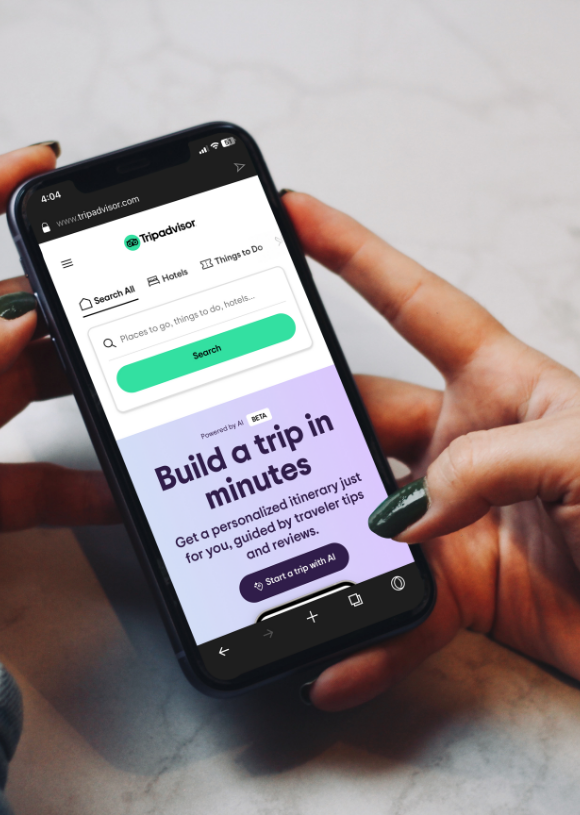Beating the Post-Vacation Blues
For many vacations, the travel research process provides the opportunity to live vicariously through fellow travel enthusiasts, even when they are not immediately able to take the trips they desire. This can be a wonderful antidote to a dreaded phenomenon: the post-vacation blues, which strikes as soon as travelers start heading home from amazing getaways. For many, the best way to deal with their return to the real world is to begin imagining their next big escape.
While early travel research efforts often center around social media, blogs, or conventional books and videos, reviews bring a dose of realism to the experience. This is where aspiring vacationers get the nitty-gritty details about what, exactly, it's like to travel — and these details can make reading about travel opportunities feel downright fascinating. Add pictures or even video clips to the mix, and the appeal quickly becomes clear: the simple act of reading about travel is enjoyable in and of itself.
Avoiding a Bad Experience
Many consumers appreciate reviews because this detailed insight helps them learn from others' bad experiences. In some cases, negative reviews will steer users away from particular accommodations or activities — but for others, simply knowing what exactly made someone else's experience subpar can play heavily into the booking or reservation process.
If, for example, a particular traveler is absolutely committed to booking a stay with a particular property, reviews might reveal which rooms or packages are best avoided or which requests should be made to elevate the experience.Another manifestation of this phenomenon? The fear of missing out. FOMO is a big deal in travel; people hate learning they've missed out on amazing opportunities or experiences. Through reviews, they can confirm that they know about the best attractions and restaurants — and that their itineraries include every important experience.
Another manifestation of this phenomenon? The fear of missing out. FOMO is a big deal in travel; people hate learning they've missed out on amazing opportunities or experiences. Through reviews, they can confirm that they know about the best attractions and restaurants — and that their itineraries include every important experience.
Sharing Their Own Feedback
Travelers are quick to turn to ratings and reviews when they need insight, but they also enjoy returning the favor and sharing their opinion. This serves many functions: many people simply like to be part of a deeply engaged community of travelers, while others have a pay it forward
mentality and want to help users, just as they were helped. Still others look to this as yet another form of recovering from the post-vacation blues: reliving favorite travel memories while sharing them online. With negative experiences, reviews simply allow disappointed vacationers to vent.



